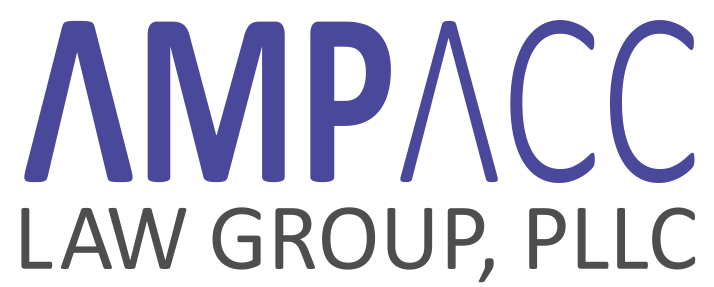On January 18, 2017, the Supreme Court heard oral argument for Lee v. Tam.[1] In this case, the Supreme Court will review whether the 15 U.S.C. § 1052(a) of the Lanham Act, which prohibits the registration of disparaging trademarks, is facially invalid under the Free Speech Clause of the First Amendment.
Simon Shiao Tam, an Asian-American musician and self-described political activist, started a band that he named after a racial slur used to describe people of Asian ancestry. According to Tam, he sought to reappropriate the offensive term, rather than use the term for offensive purposes. When he attempted to obtain a federal trademark registration for the term, however, the U.S. Patent and Trademark Office (USPTO) denied registration under § 1052(a) on the ground that the term is disparaging to persons of Asian ancestry.
Tam appealed, alleging that § 1052(a) inherently violated the First Amendment’s guarantee of free speech. The Federal Circuit en banc agreed, holding § 1052(a)’s ban on registering disparaging trademarks unconstitutional.
Under the First Amendment of the United States, “Congress shall make no law…abridging the freedom of speech.” Although the government may be permitted to place restrictions on the time, place, or manner of speech, the Supreme Court subjects government restrictions on the content or viewpoint expressed by private speech to strict scrutiny. A regulation can only survive strict scrutiny when it is narrowly tailored to serve a compelling state interest. Regulations rarely survive strict scrutiny. Accordingly, “[c]ontent-based regulations are presumptively invalid.”[2] The federal government generally cannot regulate speech on the basis of what is being said.
According to the en banc court, because § 1052(a) requires a government official to deny trademark rights based on the content and viewpoint of a proposed mark, § 1052(a) is a content-based restriction. The government asserted that it had an “interest in fostering racial tolerance,” but the court rejected this justification as a compelling state interest.[3] The court held that § 1052(a) was facially invalid.
The government filed a petition for a writ of certiorari, urging Supreme Court review. On September 29, 2016, the Supreme Court granted the writ.
Although Tam’s band was relatively unknown, this case has caused a stir by implicating more popular trademarks that have been accused of being disparaging. Specifically, the USPTO had recently used § 1052(a) to deny federal trademark registration to a major American football team named after a racial slur targeting Native Americans. For this and other reasons, the case attracted dozens of briefs amici curiae.
At oral argument, many of the justices seemed skeptical of § 1052(a), and appeared to lean towards affirmance. Justice Kagan proposed a hypothetical that highlighted how the USPTO could reject a mark indicating “all politicians are corrupt,” but not “all politicians are virtuous,” under § 1052(a), which would be a “classic case of viewpoint discrimination.” Justice Ginsberg indicated that § 1052(a) was vague.
The justices, however, also questioned the propriety of Tam’s position. For example, when Tam’s attorney argued that the USPTO should not be allowed to reject a libelous statement, Justice Sotomayor replied “that makes no sense.”
While it is impossible to predict the final outcome of the case, the justices appear to be more likely to affirm the Federal Circuit decision. If the Supreme Court affirms the Federal Circuit decision and holds § 1052(a) unconstitutional, U.S. trademark practice may change dramatically. Trademark applicants, particularly applicants who seek to trademark potentially offensive marks, should look out for the Supreme Court’s decision in this case.
